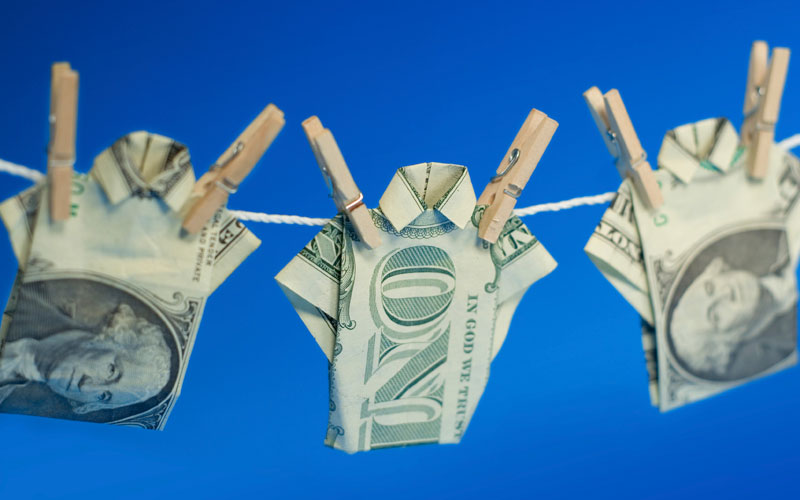Vast sums of money are earned by criminals around the world for their various illicit activities. Money laundering is where what is earned by criminals is turned into legal currency. Criminals attempt to change their money by buying legitimate assets, such as real estate, so that it is ‘clean’. Tracing laundered money can be difficult but there are regulations in place in the UK that aim to stop it from happening.
Money Laundering Regulations 2007
These regulations cover a considerable number of business sectors. These are Money Service Businesses, High Value Dealers, Accountancy Service Providers and Trust or Company Service Providers. Governed by HMRC (Her Majesty’s Revenue and Customs), such regulations are enforced in these particular business sectors. Those who operate under them have to register with HMRC. However, some companies that fall under these categories might already be governed. This is because a professional body might oversee a business so that it abides by these regulations.
How regulations are governed
There are many ways in which such regulations are implemented, such as appointing an individual that can manage a business’s anti-money laundering operations. A nominated officer can be spoken to in strict confidence if there are any suspicions regarding money laundering. The information which is passed onto a nominated officer is then assessed by them where they then determine if this illegal activity has happened.
When a nominee officer has come to the conclusion that money is being laundered, the Serious Organised Crime Agency (SOCA) is contacted. It is very important that SOCA is told about this situation as soon as it happens and a nominee officer shouldn’t wait at all to do so.
A nominee officer isn’t the only individual that can tell SOCA regarding money laundering. When a company has no employees, it is the responsibility of the individual that formed it to inform SOCA directly. Sole Traders, such as investors, only work for themselves. However, if they suspect that their clients are involved with laundering money, they have to alert SOCA. If a suspicious activity isn’t reported, the person who witnessed it could become associated with laundering money and might be prosecuted accordingly.
Convictions for breaking Money Laundering Regulations 2007
Lengthy criminal convictions can be handed down in a British court of law when money is laundered. Depending on the severity of the crime, a long sentence might be given. Some money launderers have been handed a jail sentence worth several decades when millions of pounds have been laundered. When money is laundered in order to pay for terrorist activities, a very long jail sentence can apply. Minimal sentences can be given when only a small sum is laundered in order to buy premises. Either way, a conviction for laundering money will appear when a person’s background is checked and it is very important that these regulations are abided by. If someone chooses to ignore them, their life will change because they will forever be associated as being a criminal who shouldn’t be trusted.














